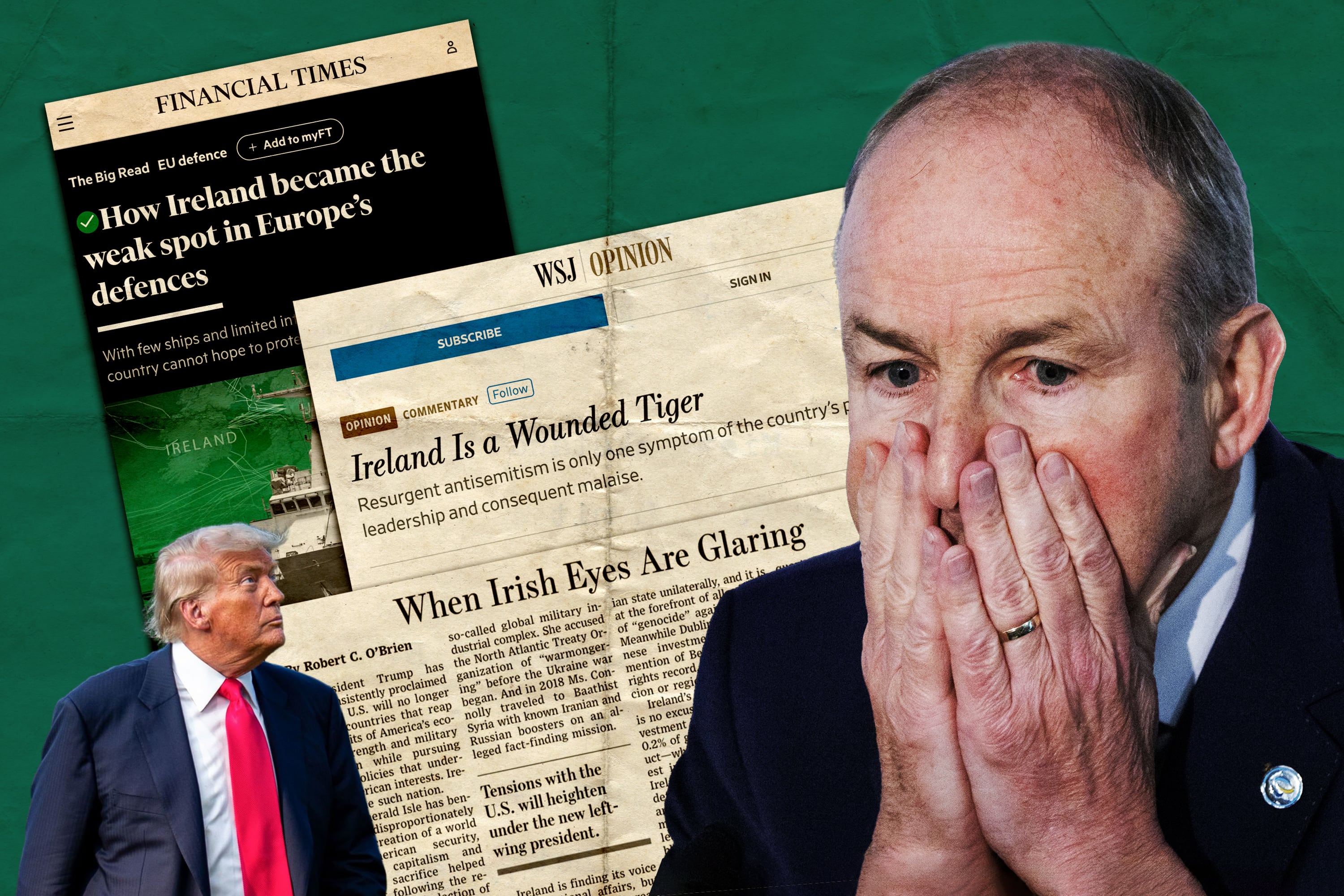After much secrecy and many long nights of negotiation, the roadmap for the new government’s five-year term has been unveiled.
The plan sets out the priorities for Fine Gael, Fianna Fáil and a range of Independents over the administration’s term. And the document was barely fresh off the printers when the verdict began pouring in from the Opposition benches.
The document lacked “depth and vision”, said Sinn Féin. The Social Democrats said it “lacked ambition” and would usher in five years of a “conservative coalition”. People Before Profit said it represented an “abject failure” on housing while Labour Party sources inside Leinster House expressed curiosity about which part of the agreement had convinced the Healy-Rae brothers to back the government.
Across broad topics such as the economy, health, housing, childcare, education, climate and justice, lists of promises for the coming years are set out. Many of them are aspirational and woolly while there are repeated assurances that certain proposals will be “explored”. The word “explore” appears on 34 occasions and “examine” 86 times. There are seven promises to “work towards” something, many promises to “aim” for something else, more than 120 mentions of reviews, a few mentions of plans to “continue to review”, more than 50 mentions of things the government will “consider” and about 20 things the government wants to “assess”.
READ MORE
There are some concrete targets, though. In housing, the plan is to build an average of 12,000 social homes a year as part of a wider goal of delivering 300,000 new units by 2030. In health, the government has promised to reduce waiting times so that all patients are seen within the Sláintecare target of 10 and 12 weeks. An extra 300,000 jobs are promised by 2030. Childcare costs will eventually be capped at €200 per month and prison capacity will expand by 1,500 spaces.
But then, in other areas, the plan of action is vague. Unnamed extra road projects will be considered. An unspecified number of additional special schools and classes are to be added. Measures to attract and retain staff in the disability sector will be “considered”. Targeted child benefit payments will be “explored”. Instead of promising to “enact” legislation prohibiting goods from the occupied Palestinian territories, the pledge is to “progress” it.

Does a junior ministry dilute the Healy-Rae brand?
Comparing the plans with the manifestos rolled out by Fine Gael and Fianna Fáil during the election campaign, it is clear that some promises have been watered down. For example, the programme for government stops short of explicitly committing to Fianna Fáil’s election pledge to decriminalise cannabis possession for personal use.
Fine Gael’s plan to pay €1,000 into an “acorn savings account” for all newborns has instead become a plan to “explore” the establishment of a “managed savings account for newborns”. Where there is a notable change in tone, this occurs around the topic of immigration with the new administration promising enhanced border security, streamlined processing, faster removals, increased collection of fingerprints and photographs and plans to “ensure (that) anyone convicted of a serious crime can be rapidly removed from the jurisdiction”. Looking at the broader societal picture, there is no mention of any referendums, and no mention of any plans to address issues around access to abortion care, or recommendations around assisted dying.
- Sign up for push alerts and have the best news, analysis and comment delivered directly to your phone
- Join The Irish Times on WhatsApp and stay up to date
- Listen to our Inside Politics podcast for the best political chat and analysis













